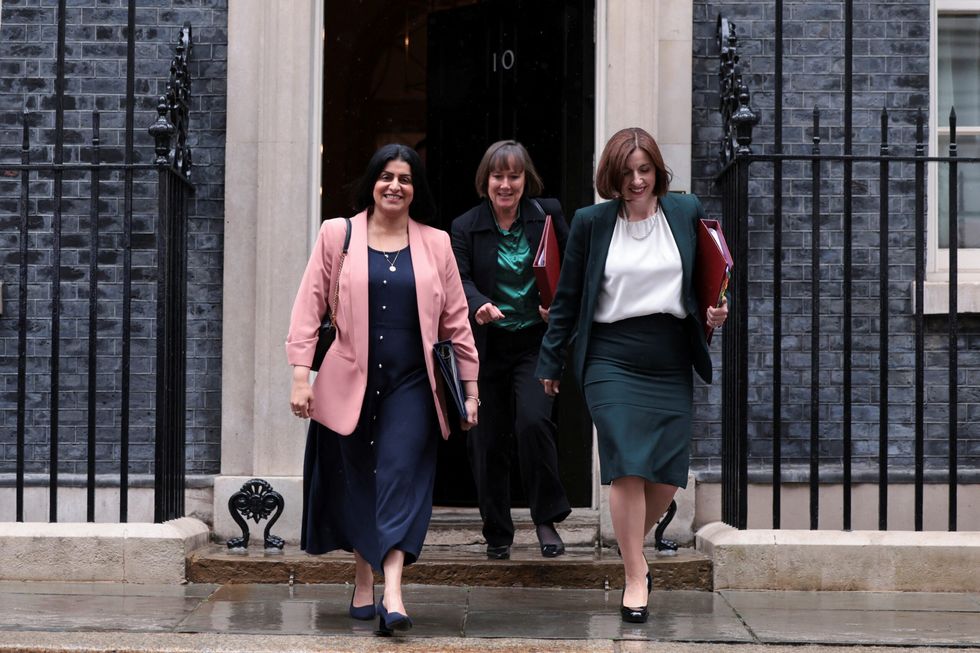PRIME MINISTER Keir Starmer will oversee a parliament more ethnically diverse and more female than ever after securing a landslide victory in the election.
Black, Asian and ethnic minority lawmakers will represent around 13 per cent of the House of Commons, up from 10 per cent in 2019, when Britain last held a parliamentary election.
It will be the largest-ever share of ethnic minority members of the lower house, according to an analysis by British Future, a think tank.
In the 44 years since outgoing prime minister Rishi Sunak was born, minority representation in Britain's parliament increased from zero to nearly one in seven lawmakers, British Future said.
But the share still does not fully reflect the diversity of the population and electorate. Around 18 per cent of people in England and Wales come from a black, Asian, mixed or ethnic minority background, according to official data.
According to the think tank, a record number of 89 ethnic minority MPs have been elected to sit in the parliament, an increase of 23.
Sunder Katwala, director of British Future, said, “The 2024 election is a landmark for representation, with record diversity in our parliament, closer than ever to that of the electorate. In the space of 40 years we have gone from zero to nearly 1 in 7 MPs being from an ethnic minority background.
“The irony that it coincides with the end of Rishi Sunak’s premiership as the UK’s first British Asian Prime Minister only underlines how ethnic diversity has become a new norm across the main political parties."
He added, “Better representation doesn’t guarantee better policies on inclusion. Our race debates can often feel as polarised as ever. But a stronger share of voice matters. When the new Commons raises issues of race, ethnic minority MPs will be there to bring their lived experience to the debate.”

The incoming parliament will include a record 242 female lawmakers, 22 more than after the last election in 2019.
When Labour's Diane Abbott, Britain's first black female lawmaker, entered parliament in 1987 there were just 41 women in the House of Commons.
Abbott, who was re-elected to the seat in northeast London which she has held for 37 years, will become the 'mother of the house' - an honorary title given to the longest-serving female minister.
The 2024 parliament will include 66 Labour MPs from an ethnic minority background, 16 per cent of the new Parliamentary Labour party. Some 14 ethnic minority Tories were elected (11.5 per cent), alongside five Lib Dems and four new independent MPs from a minority background.
Women will again outnumber men among MPs from an ethnic minority background, with 50 ethnic minority women MPs winning seats and 39 men.
The ousted Conservative Party has a stronger record for diversity when it comes to ministerial-level representation.
Addressing the nation outside No10 Downing Street on Friday in his final speech as prime ministers, Sunak said: "One of the most remarkable things about Britain is just how unremarkable it is that two generations after my grandparents came here with little, I could become prime minister."
Sunak was the country's first British-Indian leader and all three female prime ministers were Tories.
(with inputs from Reuters)



















